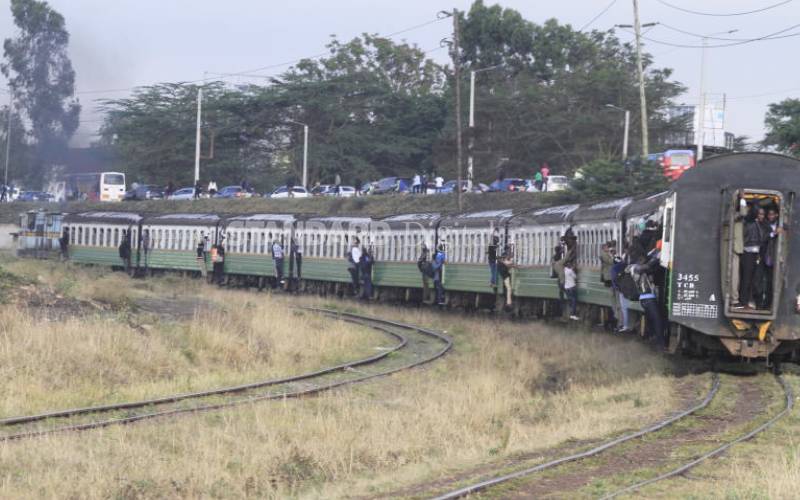×
The Standard e-Paper
Join Thousands Daily

Government’s acquisition of 11 trains to serve some areas within Nairobi is welcome. An increase in vehicular traffic without a corresponding expansion in roads has resulted in traffic jams that are a never-ending nightmare for Nairobians.